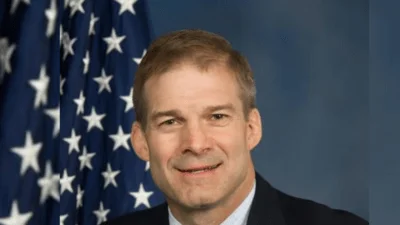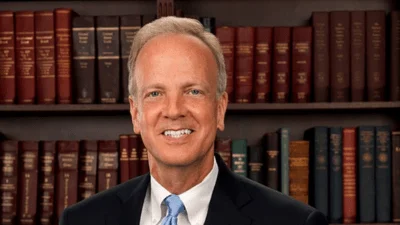As the title of today’s hearing shows, Medicaid is a critical part of our health care safety net. More than 53 million Americans depend on Medicaid for their health care. Medicaid covers
2 in 5 births, 1 in 4 children, and 40 percent of all long-term care services. Medicaid protects the most vulnerable among us.
We must ensure that Medicaid is there for those who need it. And that means ensuring that Medicaid’s dollars are spent appropriately.
Over the next 2 days, witnesses will tell us that - sometimes - Medicaid’s dollars are not spent appropriately. Whether through inflated pharmacy payments, improper asset transfers,
or questionable state financing methods, Medicaid money is sometimes misspent.
And as rising health-care costs strain federal and state budgets, we can’t afford to waste these precious resources. When Medicaid funds are misspent, Congress should act.
Congress has done so in the past, by reining in excessive Disproportionate Share Hospital
(DSH) payments in the 1990s. And in recent years, by cracking down on upper payment limit schemes.
I am not suggesting that our work is done. We should not overpay for prescription drugs under Medicaid. And we should not encourage the creation of a cottage industry where consultants are hired by states to maximize federal Medicaid dollars.
But let’s not assume that all growth in Medicaid spending is the result of fraudulent activity. Let’s remember that Medicaid spending is growing for many legitimate reasons.
First, increased enrollment. During the last recession, 7.5 million Americans had to turn to Medicaid for their health care. That’s 7.5 million people who would probably be uninsured without Medicaid. When times are tough, Medicaid meets the need. That is what it’s supposed to do.
Second, Medicaid is growing due to the rising cost of long-term care. And as America ages, the need for long-term care will grow.
Third, Medicaid is subject to plain old health care inflation - just like every other insurance plan in this country.
And to be fair, Medicaid growth is actually lower on a per-person basis than many other forms of insurance. Between 2000 and 2003, private insurance costs grew over 12 percent per person. For Medicaid, the growth was just 6.9 percent.
But Medicaid has room for improvement - just like other forms of health insurance. We need to reward high-quality care. Move away from the idea that more care is necessarily better care. And promote evidence-based medicine.
This week Senator Grassley and I plan to introduce a bill to improve quality and reward high performance in Medicare. And I look forward to working with the Chairma n to extend those principles to Medicaid.
We also need more transparency and consistency in Medicaid. This transparency and consistency should extend to state financing arrangements, as well as to the administration’s use of section 1115 waiver authority.
States need to know the rules of financing arrangements up front. And they must have confidence that Centers for Medicare and Medicaid (CMS) will judge these arrangements by the same, consistent standards. States lack that confidence now.
For example, in 2001 CMS made an effort to close upper payment limit loopholes. But according to the Government Accountability Office (GAO), while CMS was closing loopholes in some states, the agency was allowing other states to engage in the very schemes it was trying to shut down. And at a substantial cost to taxpayers.
In 2003, CMS, implemented a new policy on intergovernmental transfers. CMS required states submitting changes to their Medicaid programs to answer a list of questions.
Based on their answers, states were told whether or not they were violating the law. But states had no way of knowing whether CMS was applying different rules to different states.
That brings me to waiver authority. I’ve said it before, and I’ll say it again: CMS has waiver authority for experimentation in Medicaid - not wholesale change. Waiver authority was not designed to create a closed-door process in which stakeholders find out about a waiver only after the ink is dry.
Mr. Chairman, I welcome the opportunity to ensure that Medicaid dollars are spent wisely. I applaud your long-standing commitment to that end.
But the administration must do its part as well. It must work cooperatively with states to improve Medicaid. It must play a more active role in ensuring that Medicaid is a prudent purchaser of health care. And it must enforce the law consistently, fairly and uniformly.
Thank you, Mr. Chairman. I thank our distinguished witnesses for being here today, and I look forward to their testimony.









